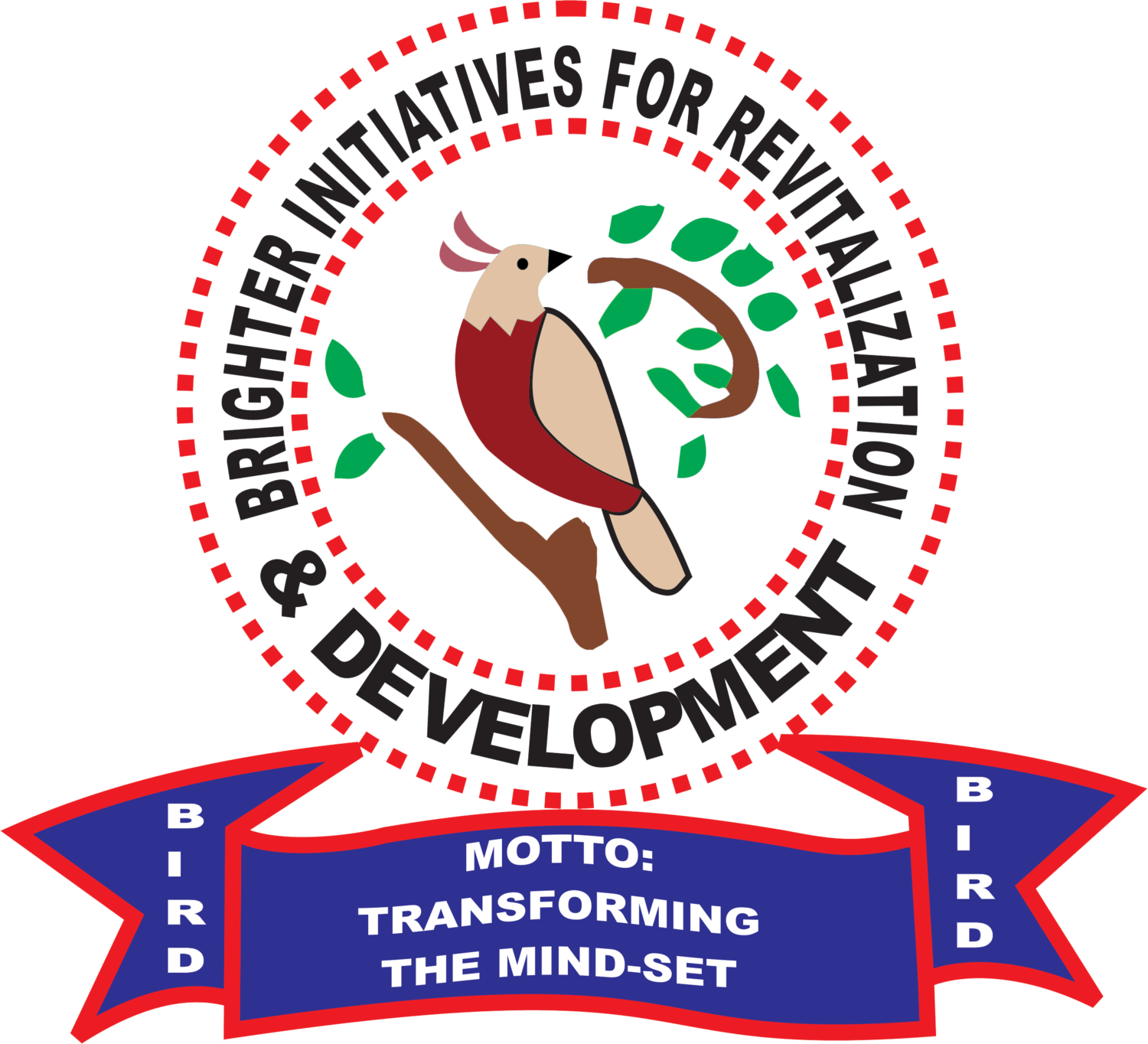WATER SANITATION & SAFETY
Although the civil war in Liberia ended in 2003, a decade ago, the country is still recovering from a situation in which institutions were decimated and the population was extremely poor. To date livelihoods, youth unemployment, female vulnerability and food insecurity remain critical problems. The poverty reduction strategy II (PRS II) indicates that 64% of Liberians live below absolute poverty line of which 48% are extremely poor.
According to the 2018 census, the total population is 3.5 million but density varies: the counties Montserrado, Nimba, and Bong comprise 55% of the population. This includes the capital of Monrovia which has a population of about 1 million. The five smallest counties, Grand Kru, Rivercess, River Gee, Bomi and Gbarpolu contain 10.5% of the population, a drop from 12% in 1984, showing an increase of people moving to more populated areas.
Poor sanitation and hygiene, and use of unsafe water, causes ill health and contributes to an estimated 88% of deaths from diarrheal disease worldwide. Malaria remains the leading cause of morbidity and mortality in Liberia, followed by diarrhea and acute respiratory disease.
According to the Joint Monitoring Program (JMP), based on 2011 data, access to improved sanitation is just 18% nationally, with 7% in rural areas and 30 % in urban areas, and the open defecation rate is 44%. Twelve percent of the population uses unimproved (often traditional) latrines and 26% of the population share toilets with their community members. The most affected places are rural areas, peri-urban slums and informal settlement. BIRD-Liberia during the Ebola crisis in 2014 got engaged and carried on awareness and best behavior practices to curtail the sanitation problem faced by the country.
With the help of partners, BIRD-Liberia will achieve the following under water, sanitation and hygiene:
To increase access to human waste collection and disposal facilities from 15% to 40%
To increase access to safe drinking water from 45% to 90% by 2022.
To conduct awareness and sustainability of 90% of water and sanitation facilities in the country.
Create awareness on open defecation in and around Liberia.
The significance of water, sanitation and hygiene and its critical role in determining the health status is well acknowledged in the Sustainable Development Goal (SDG).The sixth SDG emphasizes on achieving universal and equitable access to safe and affordable drinking water, as well as to achieve access to adequate and equitable sanitation and hygiene, for all and end open defecation. The strategy document emphasizes on increasing awareness and understanding of adverse health impacts of poor drinking water supplies, lack of adequate sanitation facilities, and poor hygiene. BIRD-Liberia as an institution is charged to conduct massive awareness in achieving these.
Importance of Water, Sanitation & Hygiene to Reaching Liberia’s Vision 2030
Economic and scientific studies have shown that water, sanitation and hygiene does not only improve the quality of life but also bring tangible health, environmental and economic benefits and contribute to poverty reduction. With the current poor access to water, sanitation and good hygiene practices in Liberia, it should be noted that Liberia is losing a notable proportion of its GDP and that not financing WASH will contribute to preventing Liberia from reaching its vision of becoming a middle income country by 2030 (WASH Sector strategy 2011).
